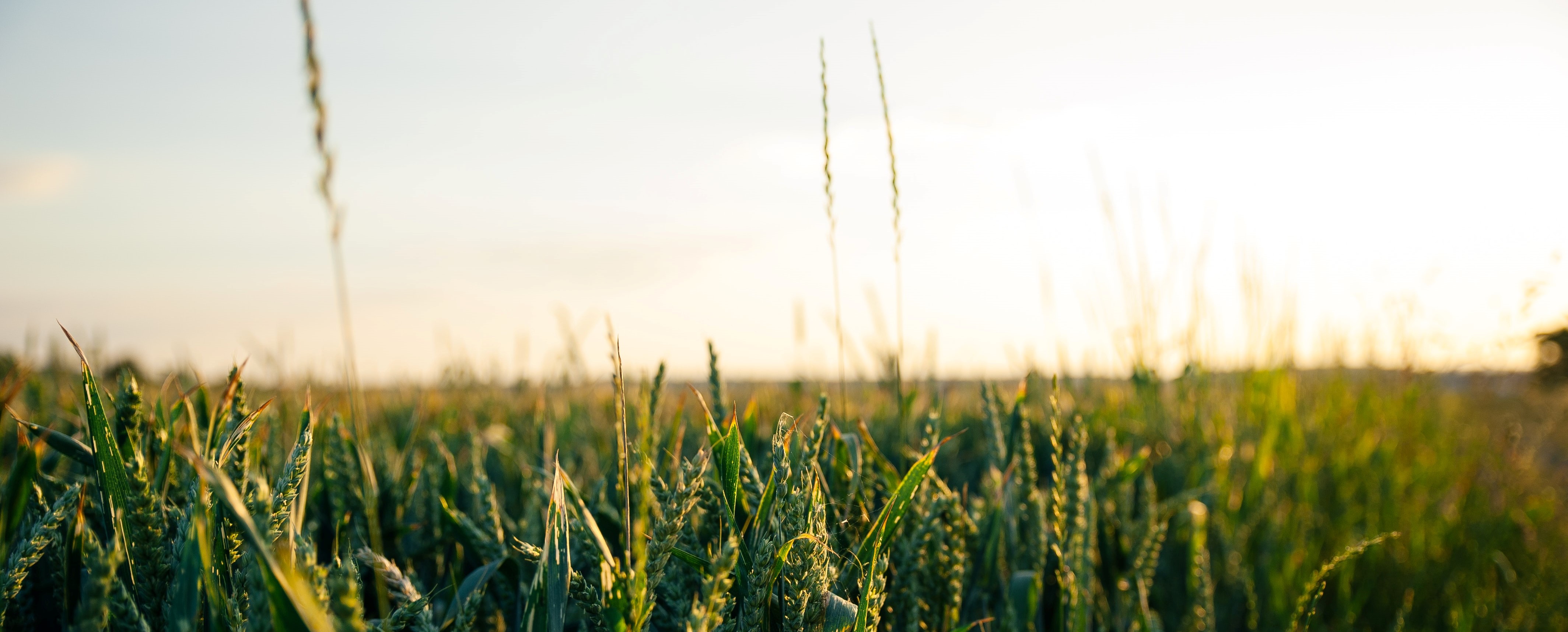On March 22 this year, as part of the United Nations 66th Commission on the Status of Women (CSW66), WLP and our partner in Brazil, CEPIA, brought together climate and gender activists from Brazil, Senegal, Turkey, and Kyrgyzstan for a global dialogue on climate justice. A theme shared by all of the panelists is climate change’s unrelenting and disproportionate impact on women and girls.
As the effects of climate change create scarcity, the ensuing conflicts over water, arable land, oil, lumber, and minerals will only become more frequent, more violent, and more intractable. Whole countries and even regions of the globe are feeling the economic, political, and social consequences of climate change, whether they are the places of origin or the receiving host countries for migrants forced to flee their homes.
Countless studies have shown that economic destabilization and forced migration disproportionately harm women and girls. This harm is manifest in loss of education, loss of income opportunities, and loss of access to reproductive healthcare. In places subject to violent conflict, women contend with an increase in gender-based violence in their families and communities, as well as risk falling victim to trafficking, and rape of women being used as a weapon of war.
Understanding that there are overlapping and interconnected threats to human security can help us create a roadmap for diminishing human suffering in the future. The first and most obvious hurdle is that the power structures and decision-making processes and leaders that are currently in place are not adequately addressing either climate change or women’s rights.
The climate and gender activists who spoke at WLP’s March 22 event described the importance of feminist leadership on climate justice and called for the following measures:
- Women—especially those women, indigenous, migrant, disabled, and poor among them, most immediately and severely impacted by climate change—must be included in decision-making to address climate change and climate-related conflicts and humanitarian responses. Women, it bears repeating, are half the population of the planet and their disproportionate absence from nearly every major decision-making body on climate change jeopardizes the adequacy and sustainability of the policies that result.
- Where there are growing tensions over natural resources, we must recognize that there is a substantial risk of violent conflict and give the disputes the highest priority for diplomacy and negotiations. Women, of course, must be included in these negotiations to represent their distinct perspectives and needs, and bring to the table their leadership, skills, and integrity.
- Climate justice must be prioritized so that communities that are contributing the least to man-made climate change are not the most detrimentally impacted by it. Climate justice puts people at the heart of policies to address climate change in ways consistent with human rights so that the burdens and benefits are shared fairly.
Science is telling us that the window of opportunity to make a real and lasting impact on climate change is closing fast. The IPCC recently released its Sixth Assessment Report, which some experts believe will be the last by the UN body where the primary goal of limiting warming to 1.5 degrees Celsius is still viable. At the Stockholm+50 environmental meeting that will take place June 2 and 3, a wide array of stakeholders—governments, private companies, and NGOs among them—will commemorate the 1972 United Nations Conference on the Human Environment. The gathering should be a forum for states and other relevant stakeholders to recommit themselves to cooperating on urgent, system-wide policies to slow global warming.
WLP will be in attendance at Stockholm +50 to make the case for women’s participation in high-level decision making on the environment and on the protection of women and girls who are bearing the brunt of climate change. WLP’s regional directors, who are based in Brazil, Morocco, Nigeria, and the United States, are participating in the Stockholm +50 Informal Working Groups that are framing the event’s Leadership Dialogues. In Stockholm, our partners—women’s rights organizations based in the Global South—will share their stories of women’s leadership on climate justice in their regions, and how feminist innovation, diplomacy, and expertise is leading to change.
WLP Resources for Climate Justice Advocates:
-
Recording of Feminist Leadership on Climate Justice Dialogue, March 22, 2022
- It’s Up to Us documentary on feminist leadership to address the interconnected threats to human security, including conflict, pandemics, economic inequality, discriminatory family laws, and climate change.
